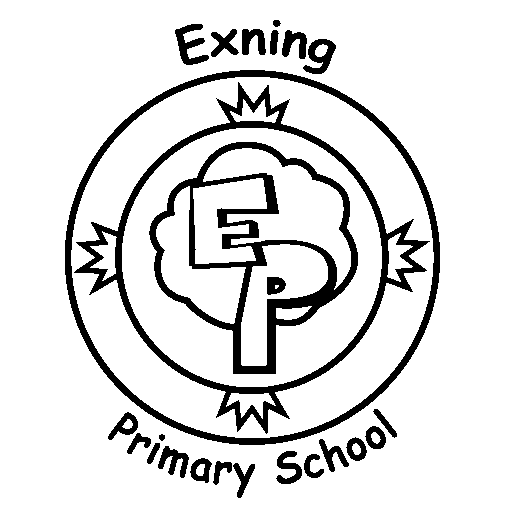
SEND at Exning Primary School
Welcome to our SEND pages. We hope you will enjoy reading about the variety of ways in which Exning Primary School is able to support students with a range of SEND to reach their full potential. If you have been directed to these pages because your child has recently been diagnosed with a Special Educational Need or Disability, we would like to begin by saying, “Don’t panic.” Although this will be a new and potentially daunting experience for many of you, we are here to help and support both you and your child in any way that we can.
At Exning Primary School, we’re proud of the support we offer to children with Special Educational Needs and Disabilities (SEND), helping every child reach their full potential.
Everyone at Exning Primary plays a part in supporting children with SEND. We believe every child should have the chance to thrive, and we make sure all pupils are fully included in school life, whatever their needs.
All children will receive high-quality teaching designed to be accessible to everyone. Some children may need extra help, and that’s where our SEND support comes in.
We’re committed to helping close the gap between SEND and non-SEND pupils. Support might include one-to-one or small group sessions with a dedicated Teaching Assistant or Teacher, as well as tailored learning or behaviour strategies based on individual needs.
Quick links
Our SEND team
-
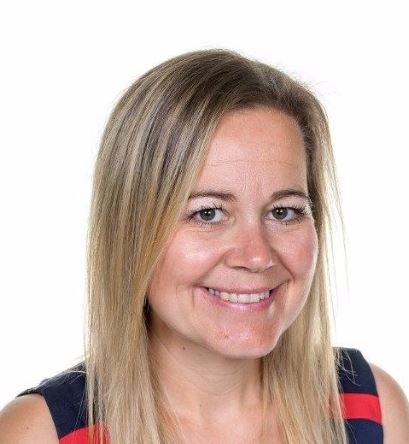
Ruth Clifford-Turner
Special Educational Needs Co-ordinator (SENCos)
-
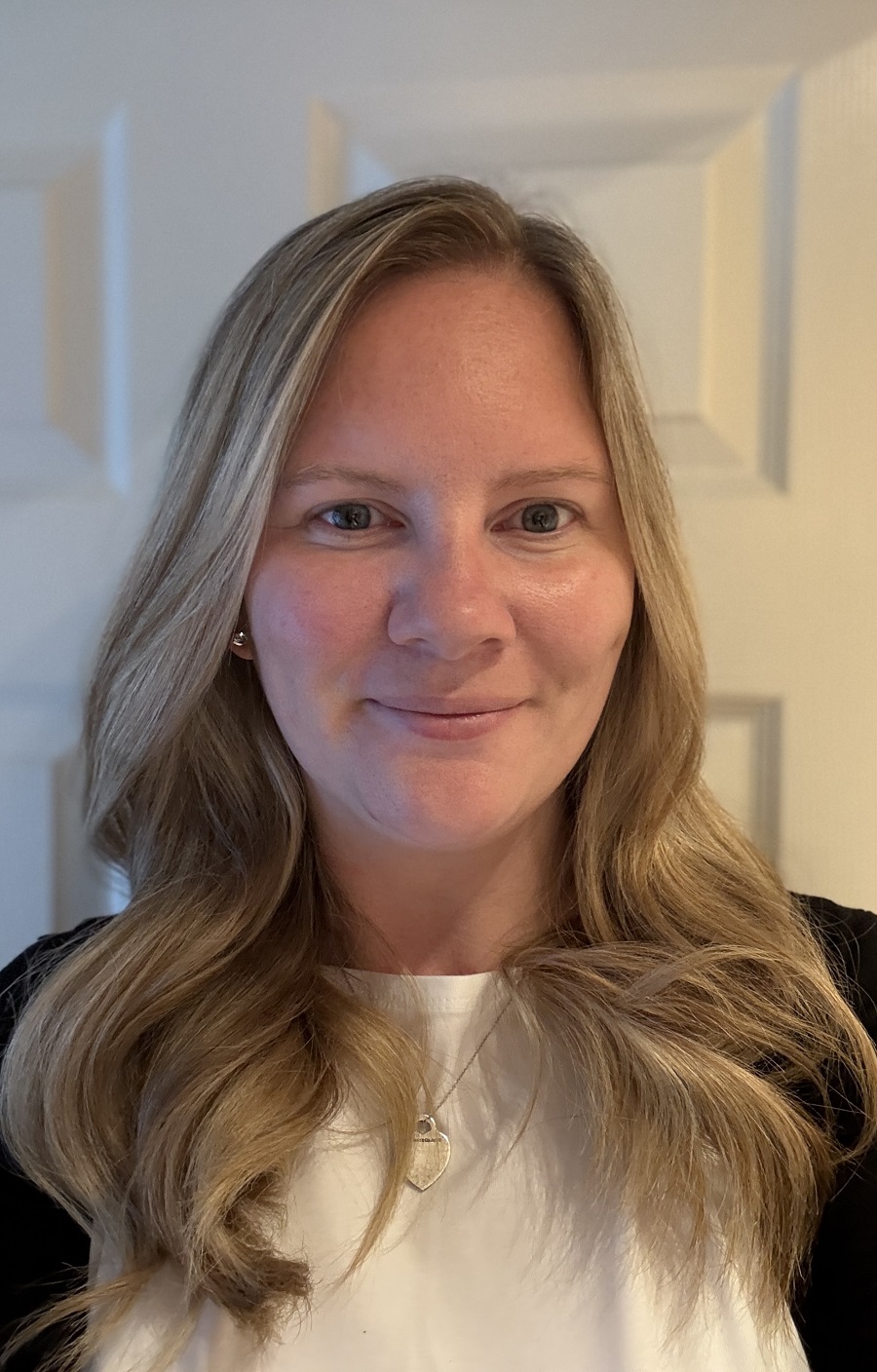
Katrina White
Special Educational Needs Co-ordinator (SENCos)
-

Alex Friend
Special Educational Needs Excellence Committee Member
At Exning Primary School, all staff are involved in the teaching and support of children with SEND, but two members of our team have specific roles relating to this area.
Ruth has been SENCo at Exning Primary School since 2012 and holds the National Award for SEN Co-ordination. She can be contacted by telephone through the school office, or by email on ruth.clifford-turner@easterneducationgroup.ac.uk
Katrina has been co-SENCo at Exning Primary School since 2023 and holds the National Award for SEN Co-ordination. She can be contacted by telephone through the school office, or by email on katrina.white@easterneducationgroup.ac.uk
Our local offer
Our local offer includes information about services we provide for children with disabilities and Special Educational Needs. It also includes information about our local offer for our SEND Reception and KS1 unit – The Hive. Where elements are specific to one of the two settings, this will be stated.
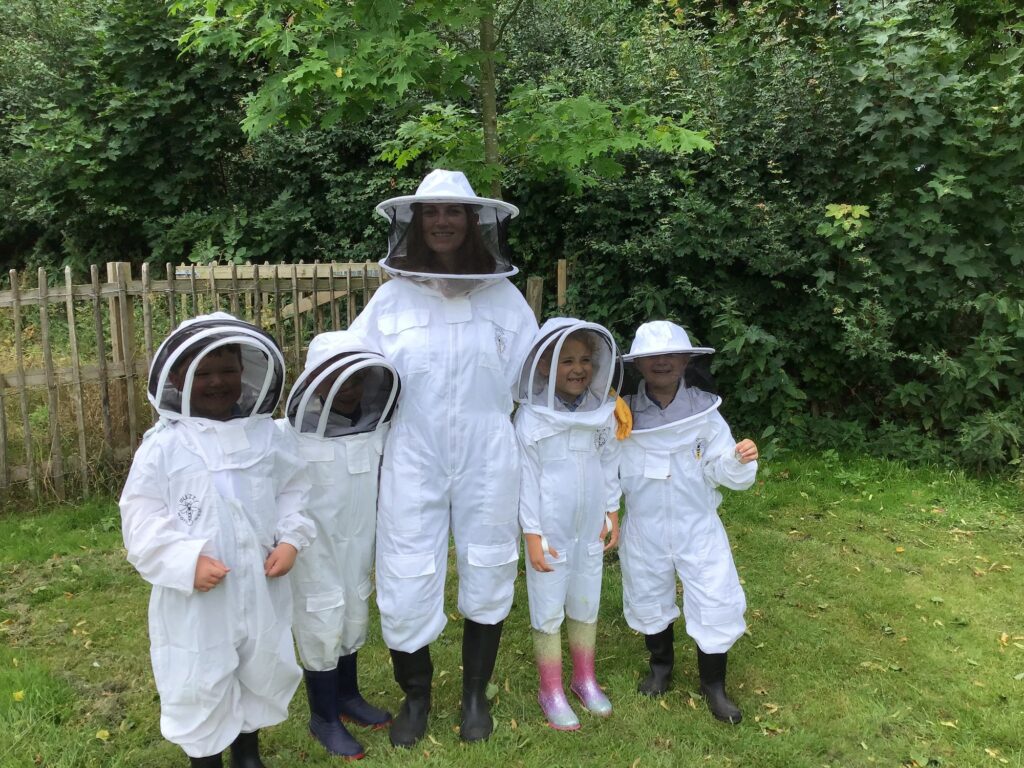
Does my child have a Special Educational Need or a Disability?
The Equality Act 2010 states that a person has a disability ‘if they have a physical or mental impairment and the impairment has a substantial and long-term adverse effect on their ability to carry out normal day-to-day activities.’
A physical or mental impairment includes
- Learning difficulties – including moderate to severe difficulties with areas of the curriculum
- Medical conditions, including epilepsy, diabetes, more severe forms of asthma and eczema
- Specific learning difficulties, including dyslexia
- Autism
- Speech, language and communication impairments
- Social, Emotional and Mental health difficulties.
- Physical Difficulties
- Sensory impairment
- If the impairment has a substantial and long-term effect on a person’s ability to carry out normal day-to-day activities it may amount to a disability.
A young person has special educational needs if he or she
- Has a significantly greater difficulty in learning than the majority of others of the same age, or
- Has a disability which prevents or hinders him or her from making use of facilities generally provided for others of the same age in a mainstream school.
Categories of SEND
There are four categories of SEND. Your child’s needs may fall into any one of the categories or they may have difficulties across a number of the categories.
What facilities do we provide to help children with SEND to access the learning environment?
At Exning Primary School, children have access to a range of equipment to support their learning. Here are some examples of what we currently have available in school:
- Chrome books
- iPads
- Software such as Clicker and Immersive Reader
- Coloured overlays and paper/worksheets (based on the outcome of a Visual Stress Assessment)
- ‘Concrete manipulatives’ (a range of mathematical equipment to support understanding of key concepts. For example: counters, Dienes blocks, Cuisenaire rods, bead strings, tens frames and PV charts).
- Adaptive seating (where required)
- Writing aides (E.g., Colourful Semantics, phoneme frames, pencil grips, writing wedges).
- Talk buttons/postcards
- Draw and Talk Sessions
- Ear defenders
- Sensory hall (+ Sensory Room in the Hive classroom)
- A large range of sensory equipment (E.g., fidget toys, ‘Chewelry’, body socks, rockers, sensory mats and many more items)
- Large communication board displays
- Subscriptions to Times Table Rock Stars (TTRS) and Numbots
- Personalised social stories
Alongside a wide range of equipment, we have access to a number of successful intervention programmes. Here are some examples of interventions that we are currently using to support children in our school:
SEND timeline
How we will work with your child with SEND
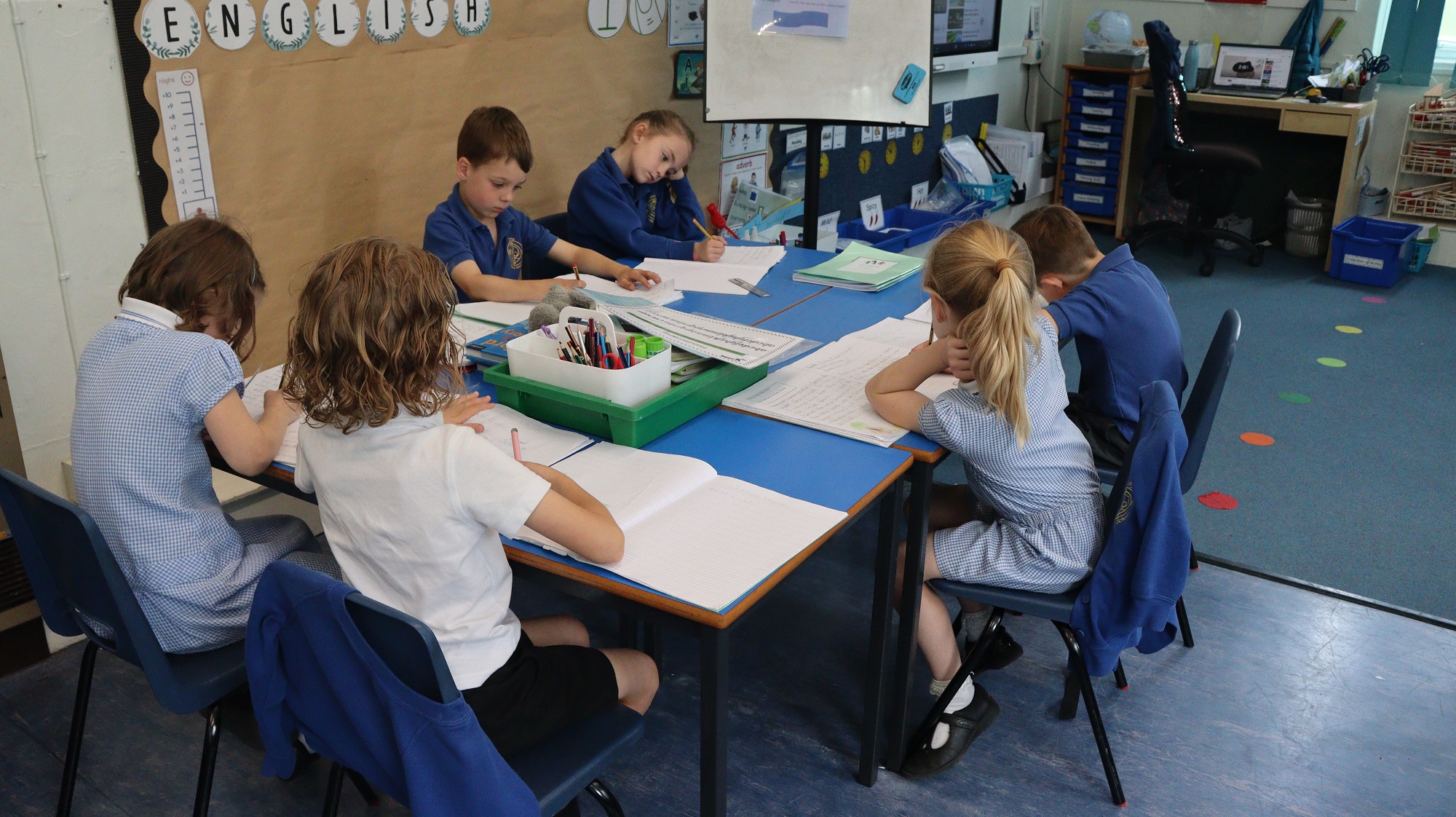
Communication and concerns
Our primary concern is the education and welfare of your child, and our SEND provision is designed to support all children who require additional assistance. If you have concerns about your child’s progress you should speak to your child’s class teacher initially. If you are not happy that the concerns are being managed and that your child is still not making progress, you should speak to the SENCo or Headteacher.
If you are still not happy, please refer to the school complaints procedure.
SEND Parent Forum
At Exning, we value parental feedback and engagement with the provision and issues affecting SEND across the school.
Therefore, we hold a parent forum meeting each term, where parents and carers can give their opinions on different topics relating to SEND. These meetings will take a variety of forms, but will always provide the opportunity to discuss issues facing parents/carers of children with SEND and provide a network of support.
Feedback will be given after the meeting to all parents who request it, regardless of whether they were able to attend. If you would like to become a forum member, please contact Mrs Ruth Clifford-Turner, the SENCo.
We also hold regular coffee mornings for parents of children with SEND. Information about these is sent out via Class Dojo.
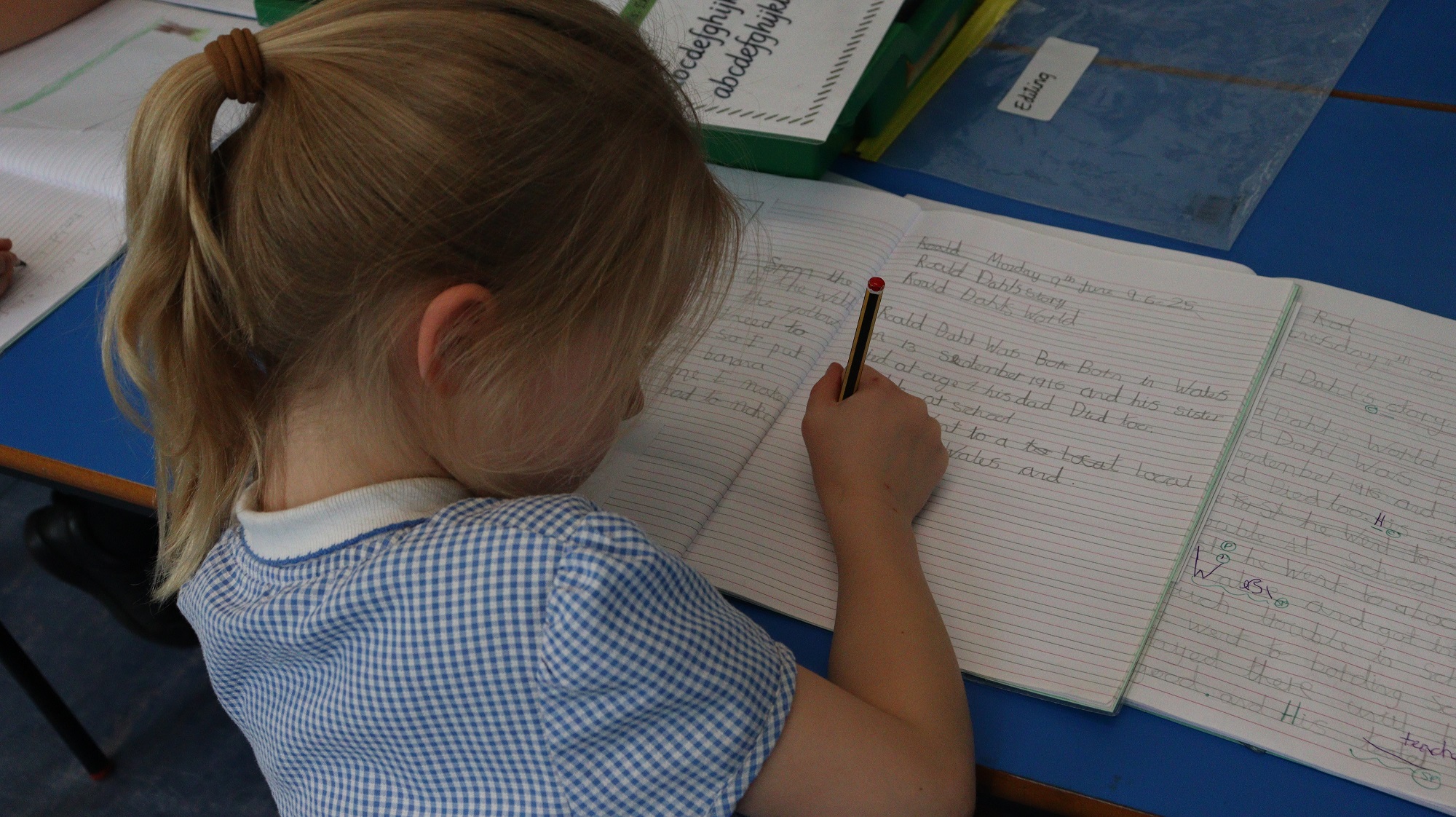
Accessibility
Exning School is a split-site Victorian school and we try hard to ensure accessibility throughout the school and make this a user-friendly environment.
Currently, most areas are accessible for disabled children or adults, with three accessible toilets and a stairlift.
Access is reviewed regularly and appropriate provision is made for all children in school. The relevant outside agencies will be called upon for advice and assistance. Parents of a disabled child will be involved with any decisions that are taken.
Inclusion
| Inclusion“Schools have a responsibility to provide a broad and balanced curriculum for all pupils. The National Curriculum is the starting point for planning a school curriculum that meets the needs of all pupils”We fully endorse the above statutory inclusion statement, believing that all children at Exning Primary School should have equal access so that they may have the opportunity to progress and demonstrate achievement. We meet this by planning which meets the needs of boys and girls, children with special educational needs and disabilities, children who are more able, children from all social and cultural backgrounds, different ethnic groups and diverse linguistic backgrounds.We meet the needs of all children byProviding resources that reflect diversity and are free from discrimination and stereotypingUsing a range of teaching strategies that are based on their needsEnsuring access to every activity where it is safe and reasonable to do so |
Special Educational Needs and Disabilities
Children with Special Educational Needs or Disabilities (SEND) are granted equal admission rights and each case is carefully considered with a programme of individual help if required.
Should teachers or parents be concerned about any particular aspect of a child’s development, advice will be sought from the SEN co-ordinator. It may be decided to devise an individual education plan with specific targets to be achieved. Support, advice and guidance may also be sought from outside agencies. Parents and children are involved in the process and the plan is reviewed at regular intervals to ensure these children have the necessary support to overcome their difficulties.
